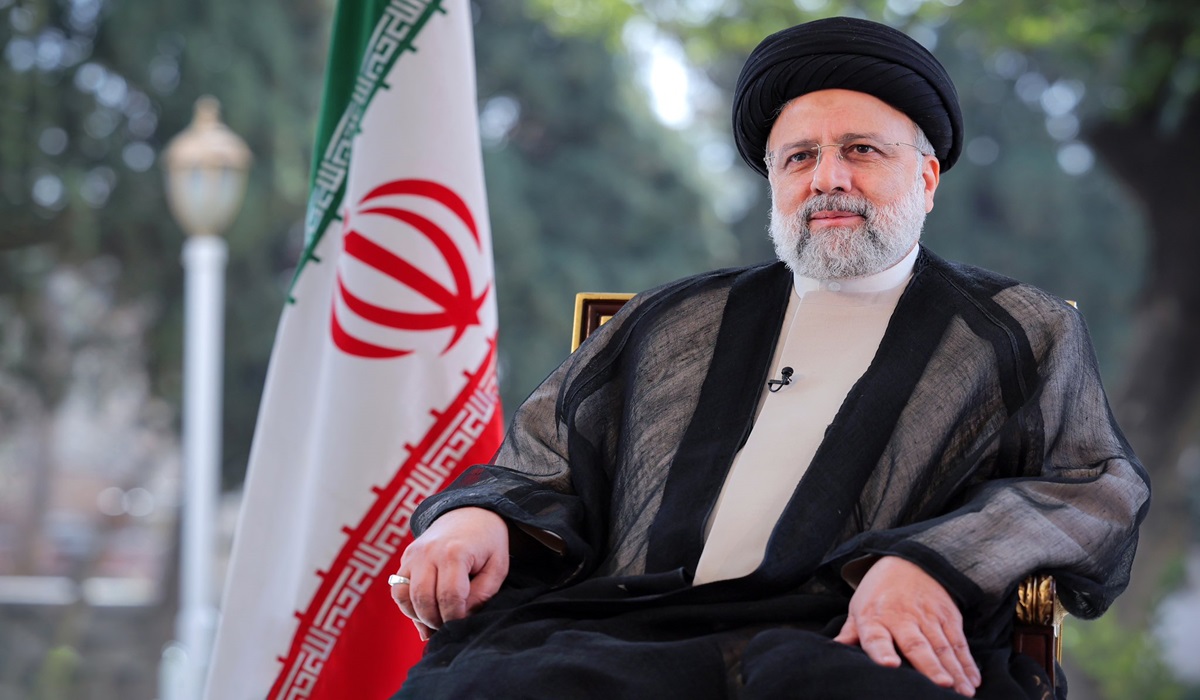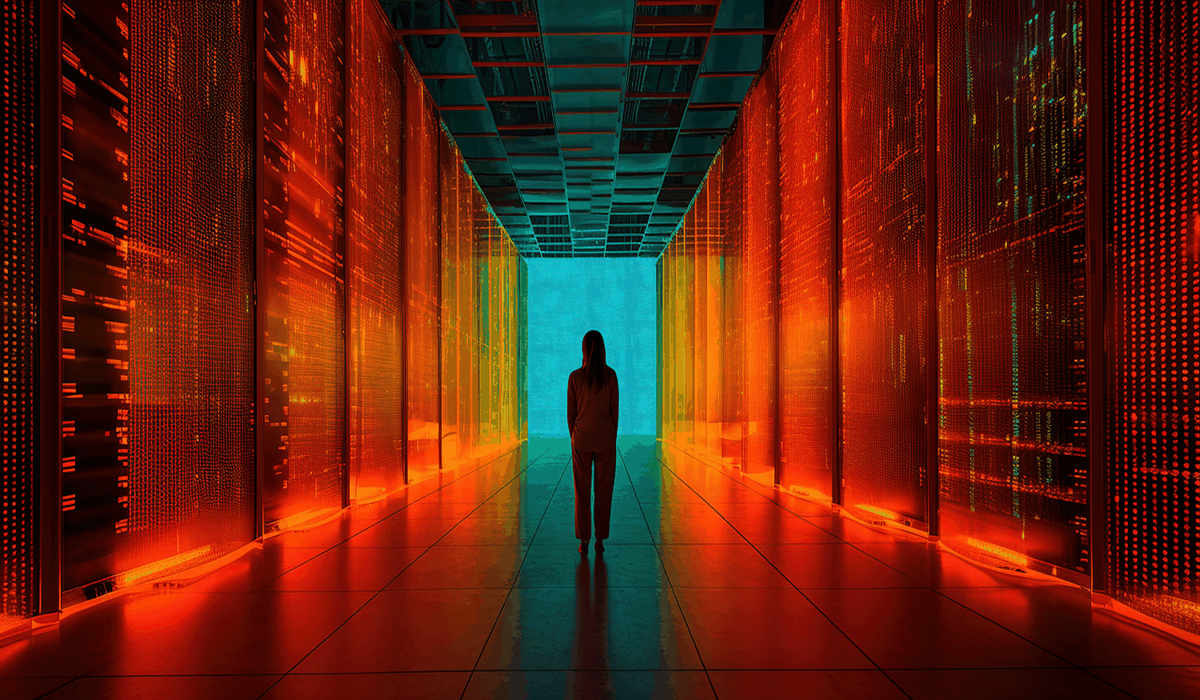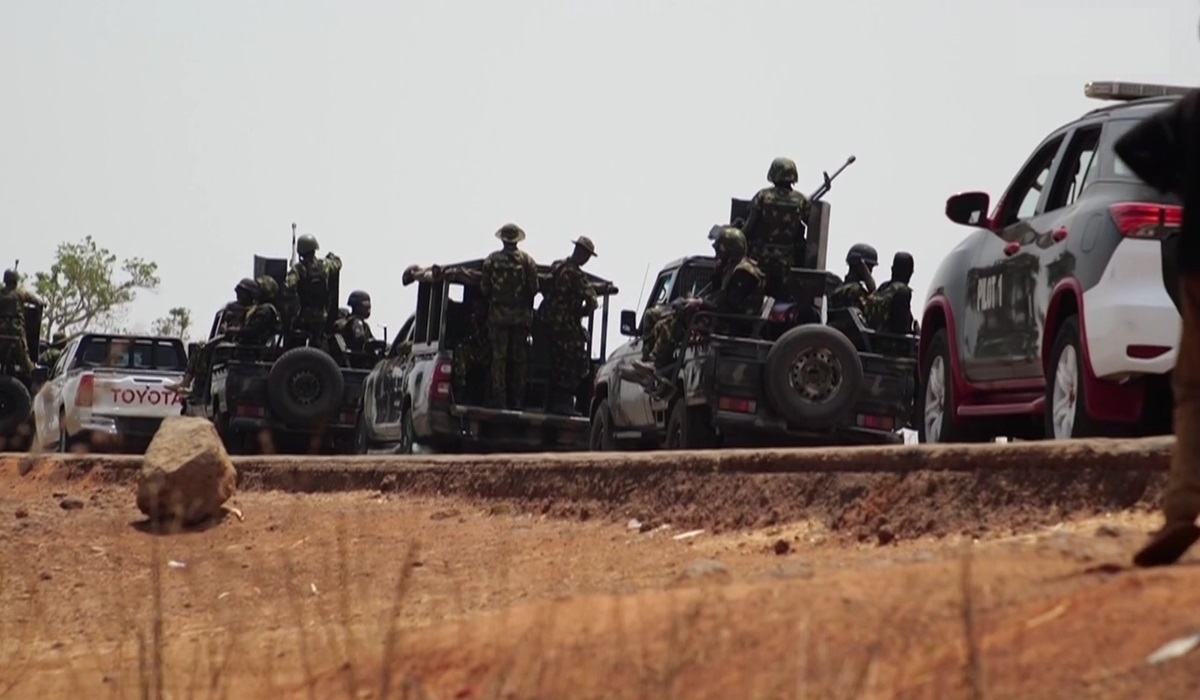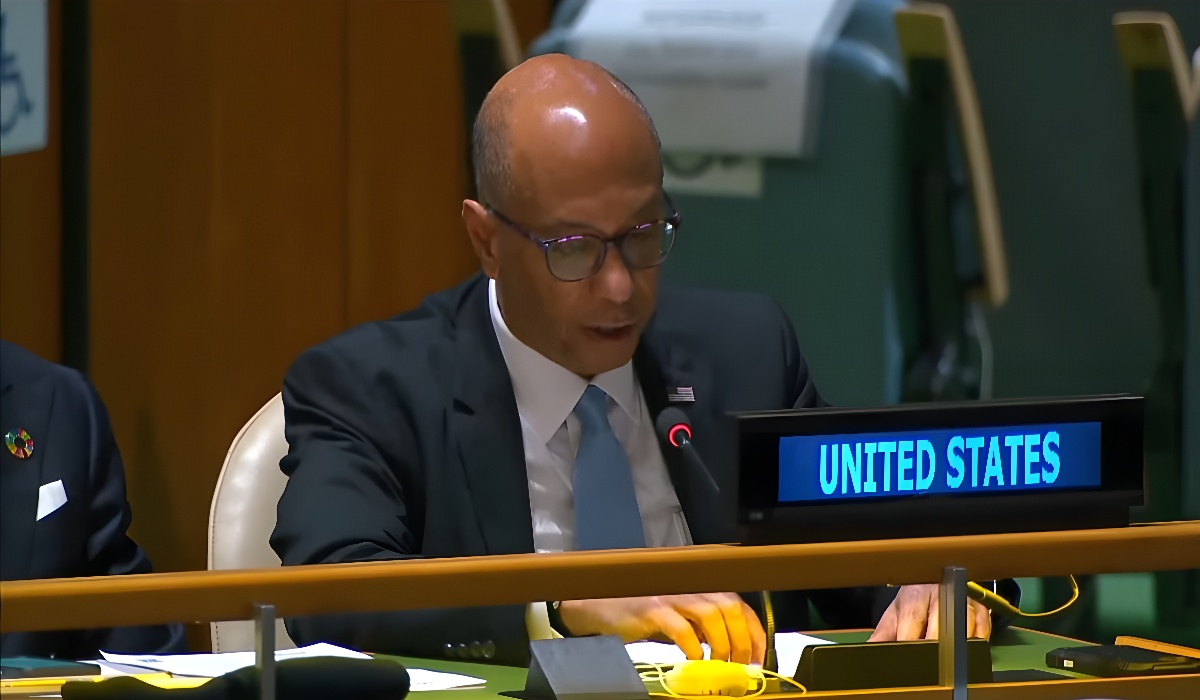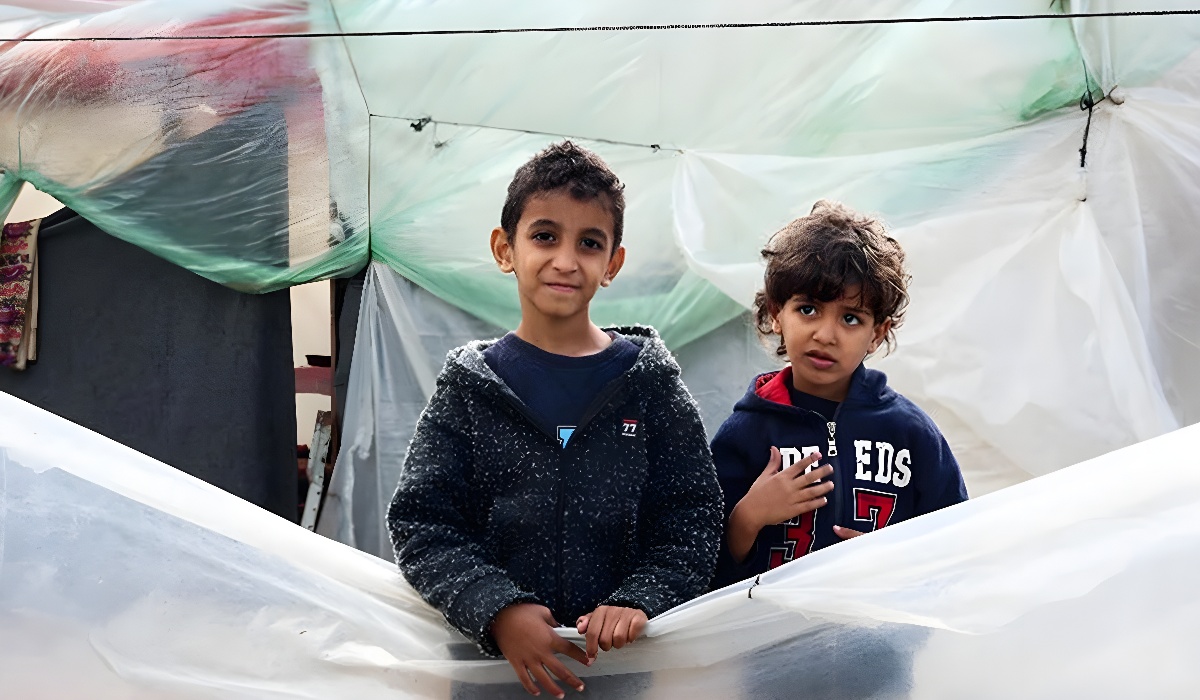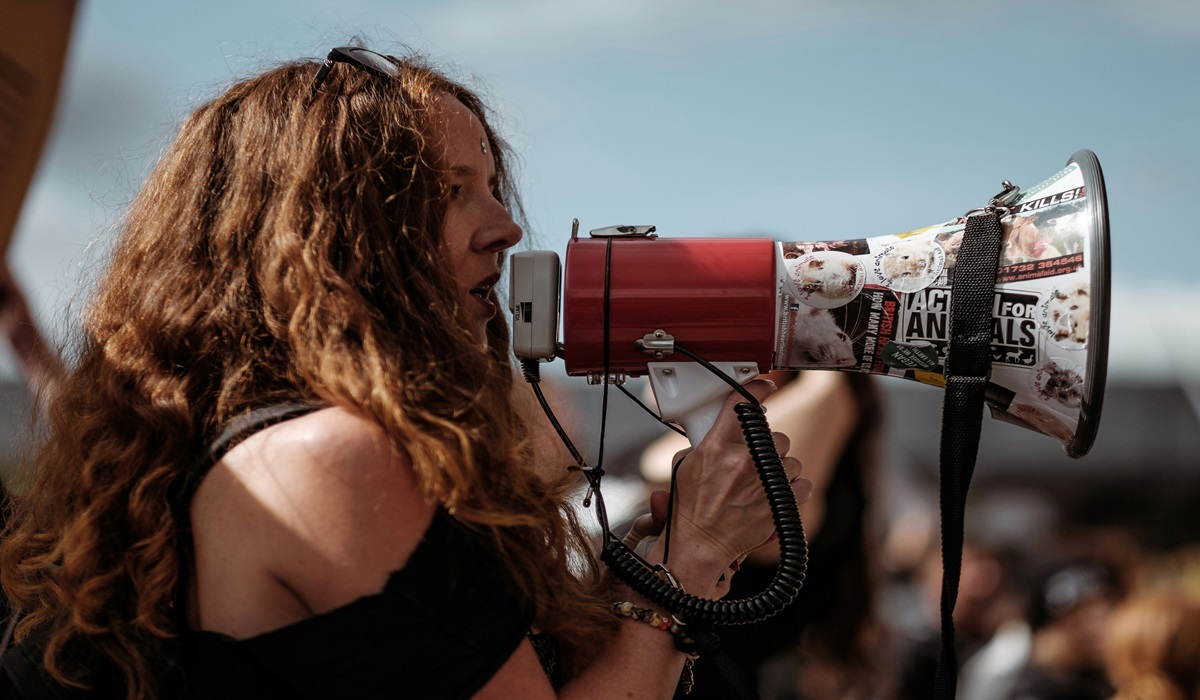Social Media Algorithms Working Overtime Fueling the Conflict Between Hamas and Israel
- TDS News
- Breaking News
- October 12, 2023
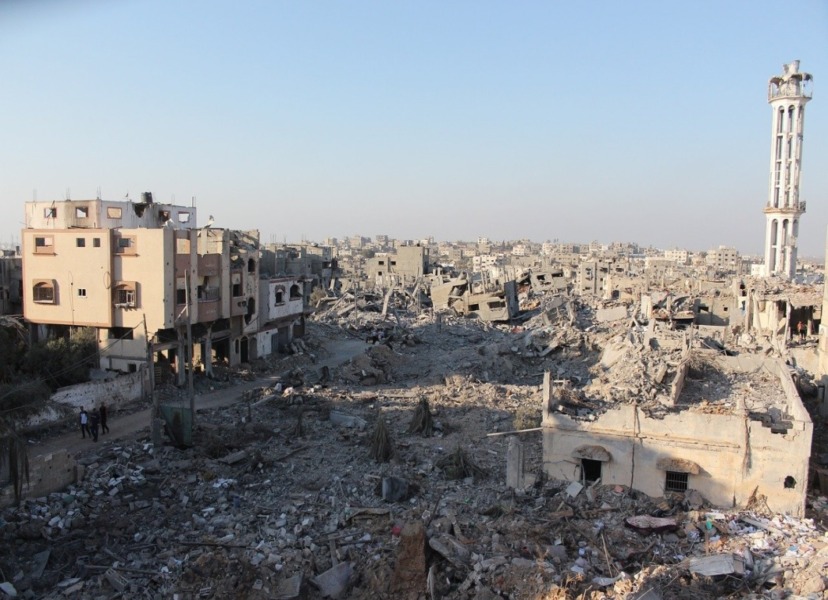
The world is more interconnected than ever; social media platforms have become powerful tools for disseminating information, rallying support, and shaping public opinion. However, these platforms take on a new and complex role when significant global events, such as the ongoing conflict between Hamas and Israel, unfurl. While they can amplify voices for peace and understanding, they can also become battlegrounds for hate speech and the perpetuation of divisive narratives.
As the conflict escalates, social media algorithms are working overtime, giving rise to a phenomenon where any hashtag related to the war receives massive views within seconds. This instant virality has profound implications for the harmful content and often fails to distinguish between genuine news and content to stir the flames of hate. False narratives can spread like wildfire, sowing confusion and chaos.
The prevalence of fake news is a pressing concern, particularly in this viral age where an image, Tweet or video spreads quickly. This digital deluge includes content glorifying war and death alongside the rhetoric and threats contributing to further polarization. For every misleading narrative it exacerbates the conflict and risks inciting violence and division.
One of social media’s darker aspects during conflict is the creation of echo chambers. People with similar views and opinions congregate online, reinforcing their preexisting beliefs. Politicians and public figures know these platforms amplify their voices, using carefully crafted inflammatory rhetoric. This knowledge encourages some to beat war drums, deepening societal divisions.
These networks are amplifying and dehumanizing opposing viewpoints amid this tumultuous conflict. It has become commonplace to demonize anyone with a different perspective, even those advocating for peace and open dialogue. The consequence is a toxic atmosphere where empathy and understanding are pushed to the margins.
Social media is a double-edged sword, and the conflict between Hamas and Israel is a stark reminder. On the one hand, it has the potential to inform, mobilize support for peace, and amplify voices of hope and love for one another’s countries. Yet, on the other hand, it spreads misinformation hatred, and incites violence, turning even peaceful gatherings into potential flashpoints.
In a time of war, seeking out the voices of hope and positivity is imperative. Social media should not be a medium for perpetuating hatred but a platform for fostering understanding, dialogue, and empathy. Those calling for peace must not be silenced or dehumanized for supporting the homeland or branded as terrorist sympathizers or warmongers. Together, we can rise above the noise and division and work towards a future where social media is a force for unity and progress. It is up to society to choose how it engages with these platforms and to use them as tools for understanding and reconciliation rather than instruments of discord and conflict. In trying times, let us remember that hope and empathy have the power to transcend the noise and bring about positive change.

